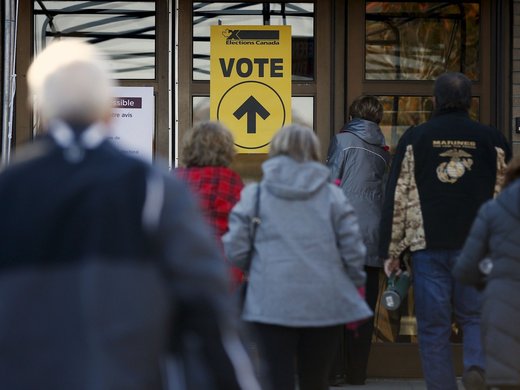While there are informal talks still going on and the whole thing could collapse like a house of cards, there is a pretty complete, literate version of the final document that has been circulated by the French Presidency.
It has few brackets in it, which means that the French have been quietly speaking with all of the groupings about their removal, or that they have finally put down a démarche. Agree with this or object at your peril. The latter is very likely, but I still think that we are in good shape.
Whatever one thinks about France's decline as a country and economy, the skills of French diplomats have certainly not eroded one bit. Laurent Fabius, the French foreign minister, has personally taken charge of the negotiations and even seasoned diplomats speak of his performance with admiration.
No matter what comes out of COP21, I am still taken with the fact that the big cities, some of the provinces and states, and the private sector, are way ahead of the governments on climate change.
The latest sector to emerge is the financial community. Earlier in the week, Mark Carney, chair of the Financial Stability Board (the mysterious committee still dealing with financial system reform) asked former New York Mayor Michael Bloomberg to chair a committee that will recommend ways to make companies’s carbon exposure more transparent. They will report to the G20 on ways to make all aspects of financial markets more transparent about their carbon exposure.
Yesterday, I sat in two meetings convened by the Secretary-General of the OECD — the Mother Church of economic probity. They were essentially concerned with carbon exposure. A prominent pension fund manager and a prominent insurance executive both explained that they were making maximum effort to reduce their carbon exposure. The reason? They were both concerned about the world they were leaving their children. The real reason is that portfolios heavily laden with carbon are bad risks for the retired and about to be retired. Long-term, carbon will be dead or close to it, so they are lousy holdings for an insurance company.
The meeting went on to talk about how to determine the carbon risks of the investment advisors who invested the pension funds money. How to change listing requirements for stock exchanges so that companies had to measure and report on their carbon liabilities. Participants even suggested changing the way in which the rating agencies, like Standard & Poor’s, measure the viability and prospects of companies and countries. In other words, they had accepted that low carbon investments offer less risk and the prospects for better returns are higher than more traditional investment portfolios.
Finally, the Secretary-General of the OECD observed that at the last major COP, in Copenhagen, such discussions were limited to one or two side events. His staff had given up trying to track the number of such events in Paris.
No matter what the parties agree in the next day or two, this fundamental shift in the attitudes of the investment community might be the most noteworthy fact of COP21.
CIGI Distinguished Fellow David Runnalls is a guest blogger, providing analysis from on the ground at COP21, for Global Rule of Law.


